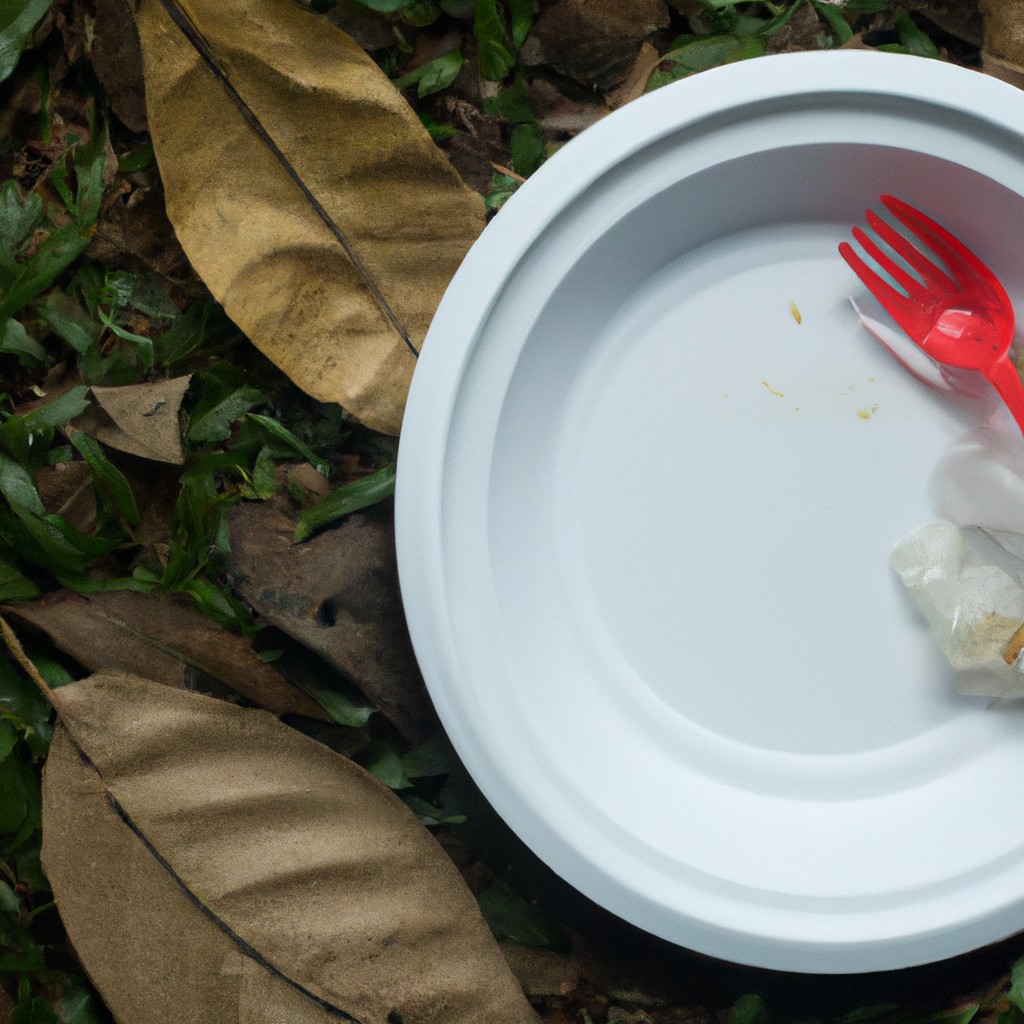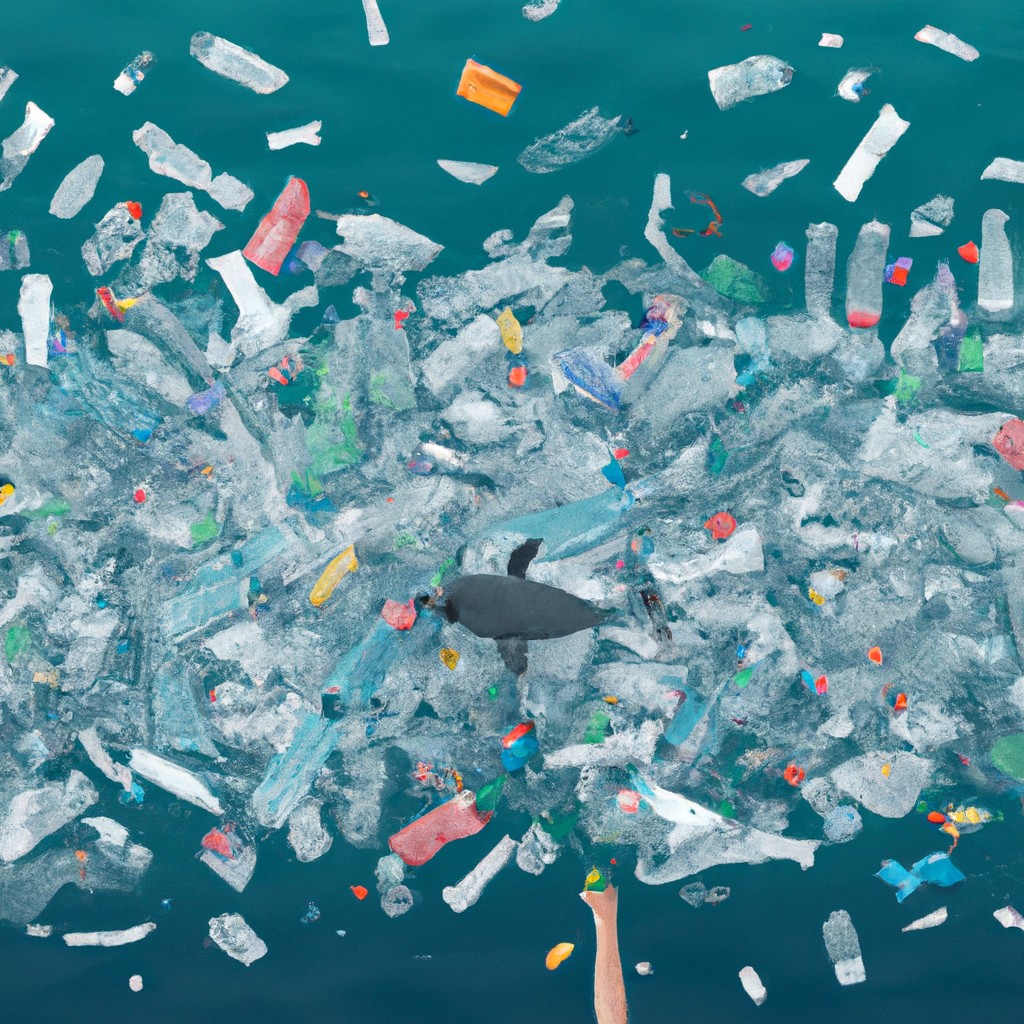Plastic waste and its environmental impact

Plastic waste devastates ecosystems, harming marine life and polluting water sources. Animals often mistake plastic for food, leading to fatal consequences. Microplastics infiltrate our food chain, endangering human health. Landfills overflow with non-biodegradable plastic, leaching toxins into the soil. Incinerating plastic releases harmful chemicals into the air, worsening air quality. Recycling rates remain low, exacerbating the plastic waste crisis. The convenience of single-use plastics has created a global environmental crisis. It is crucial to reduce plastic consumption and embrace sustainable alternatives to safeguard our planet's future. Join the fight against plastic pollution for a cleaner, healthier world.
Read more
Consequences of plastic pollution

Plastic pollution has far-reaching and devastating consequences for our environment and marine life. The excessive use and improper disposal of plastic items lead to widespread contamination of our oceans and ecosystems. Marine animals often mistake plastic debris for food, leading to their slow and painful deaths due to ingestion or entanglement. The presence of microplastics in our waterways poses a threat to human health as these tiny particles can enter our food chain. Additionally, plastic waste contributes to climate change through the release of greenhouse gases during the production and recycling processes. It is imperative that we take immediate action to reduce plastic pollution and protect our planet for future generations.
Read more












